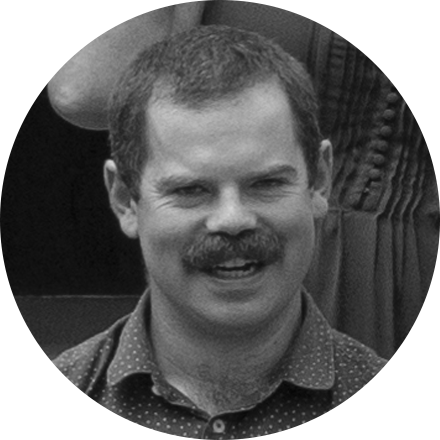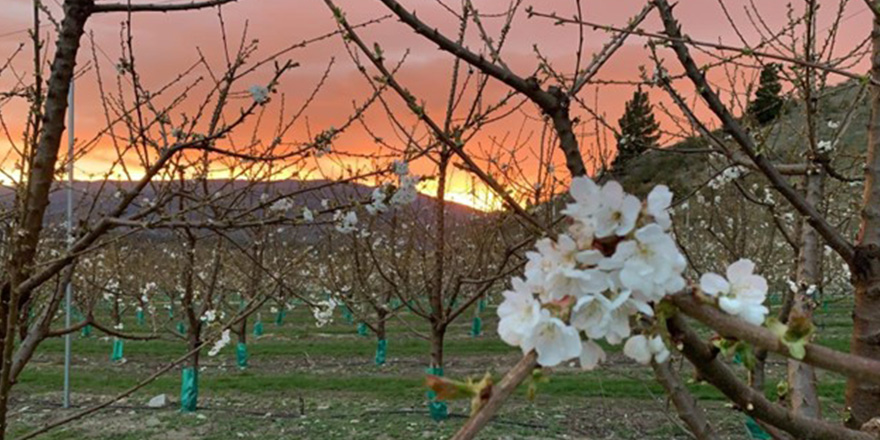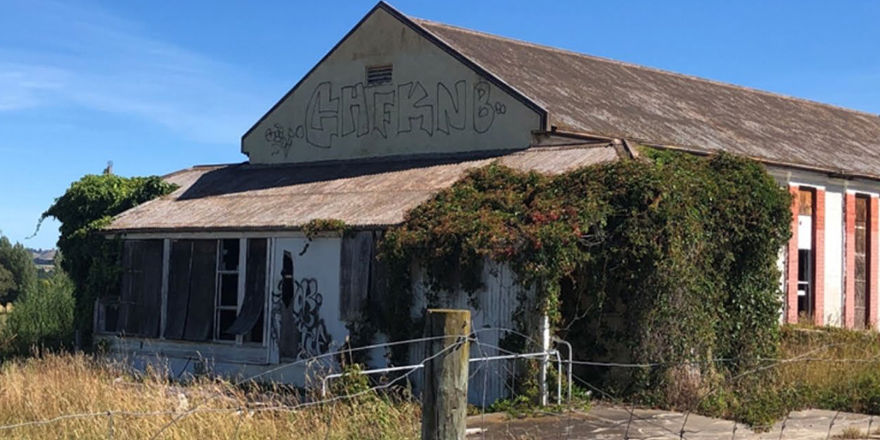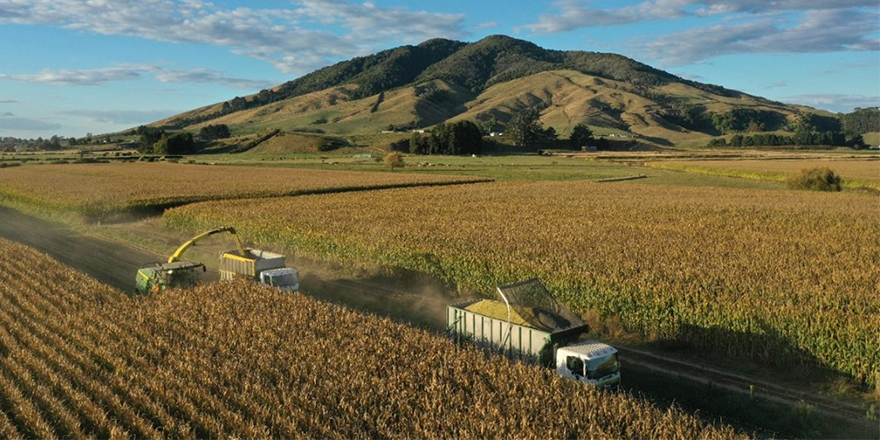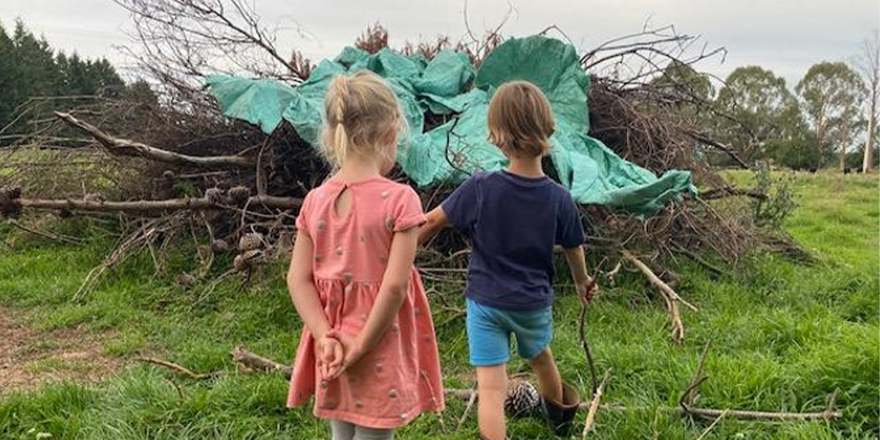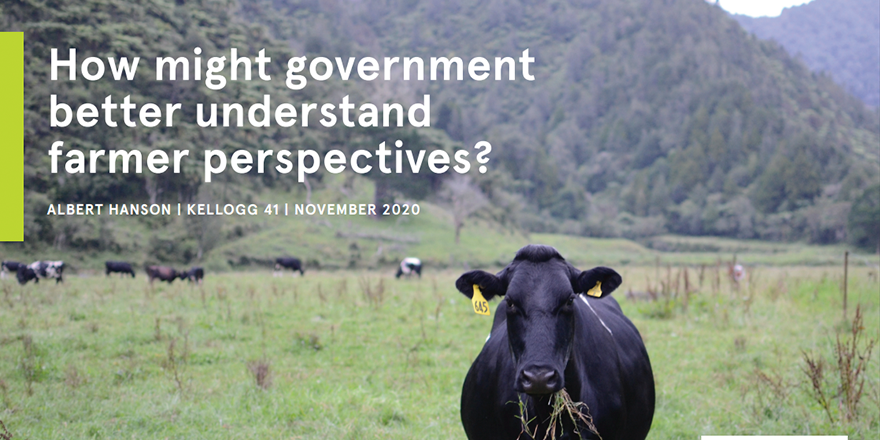
Executive Summary
The New Zealand public service is and must continue to innovate to ensure that it understands the citizens that it serves.
It could also be doing a more robust job of understanding public perspectives, including those of farmers and rural communities.
Through my research, I have sought to understand how government institutions internationally and locally are innovating and experimenting to better understand these perspectives. The value and promise of these innovations is already being demonstrated.
I have also sought to understand farmer perspectives myself, and what matters to them. Through a range of semi- formal interviews, I captured a variety of themes. Views of government, the realities of farming, Māori agribusiness, communication and engagement and community and the importance of people were expressed.
It is this range of research and insight that has informed my recommendations: three proposed solutions that seek to disrupt the status quo of government engagement with the rural sector.
vRural NZ, Rural EQ and Rural Recruit have all been inspired by the people I have spoken to and ideas explored internationally. My aim has been to not only describe their benefits, but how the benefits could operate in a New Zealand context.
I recommend that government and the rural sector:
- Prototype vRural NZ through the Digital Government Partnership Innovation Fund. This would be led by a government department, who would undertake the role of accountable authority to trial this idea on an issue of relevance and importance to the rural sector;
- Pilot Rural EQ to trial and test what could work under a more
full-scale delivery model. This pilot would distinguish what planning, resourcing and co-investment would be required to realise its potential. - Commence Rural Recruit through planning and engagement with tertiary institutions, to sell why this proposed solution is needed. This would include identifying which issues facing the rural sector would benefit from Rural Recruit and which agencies graduates would be best placed to join.
Despite the rate of change and challenges facing society, both globally and domestically, there are opportunities to improve the way we collaborate and tackle complex problems.
My recommendations can form the foundation of solutions that address these challenges. They also challenge the public service to innovate and experiment with ideas in the complex environment in which we operate.
If we expect others to change their behaviour, first, we must consider changing our own.
Download and read the full report here
